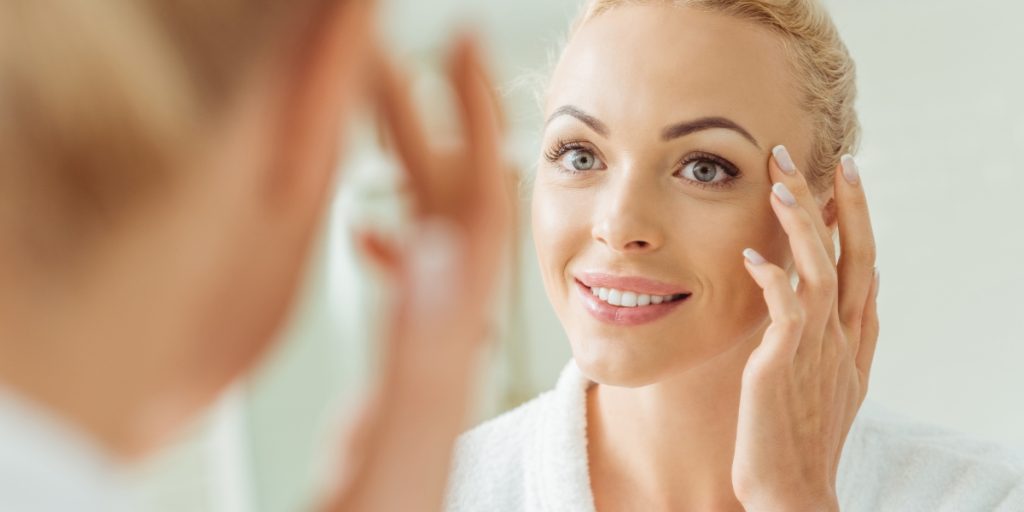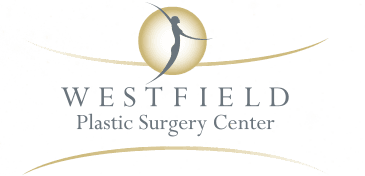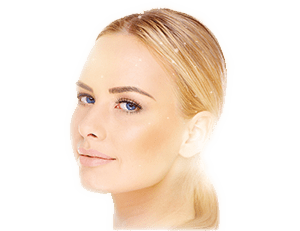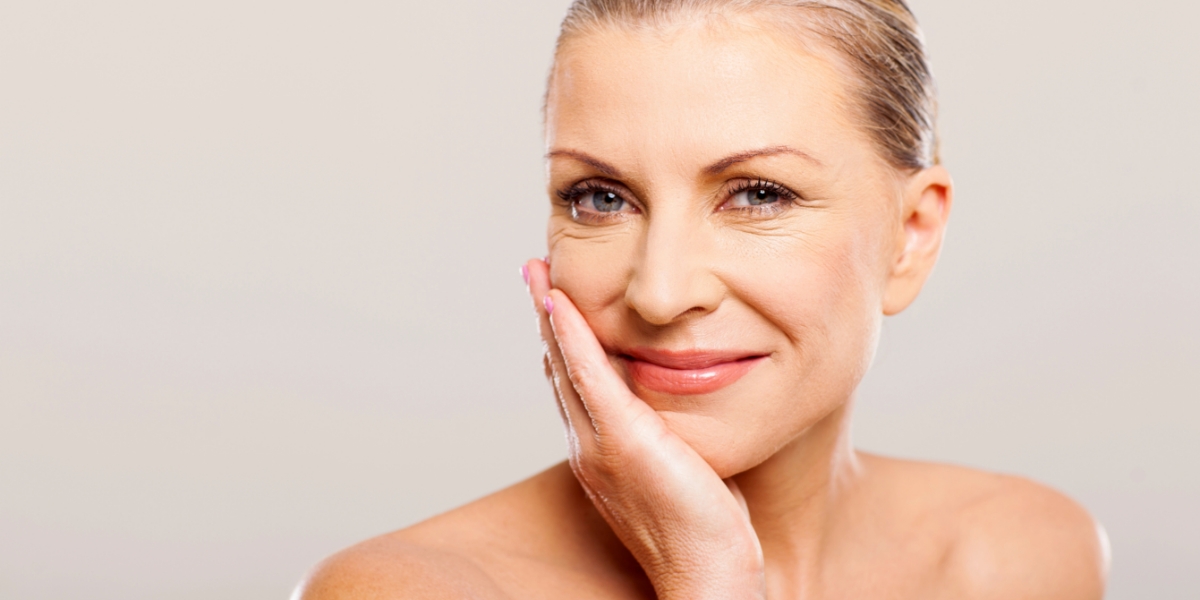Skincare Graveyard

Everyone says to exfoliate, but what is it and why is it beneficial? Exfoliation is the process of removing dead skin cells on the surface of the skin. By doing this, you improve the tone and texture of your skin and enhance product absorption. From chemical exfoliants to physical scrubs, there is an exfoliation type for everyone. This guide will break down the different types and who they’re good for along with explaining the unique role retinol plays in the exfoliation process.
Exfoliation Basics
Chemical exfoliants utilize acids or enzymes to dissolve the surface dead skin. This requires no scrubbing, which is incredibly beneficial for sensitive and acne-prone skin. What’s fun about chemical exfoliants is that they also have dual properties. For example, glycolic acid can be used as an exfoliant, but it’s also great to target acne breakouts, anti aging, pigmentation, and clogged pores. Physical exfoliation is one of the most known forms. This is where your scrubs come in! This type of exfoliation utilizes small grains (like pumice, jojoba wax beads, or other granules) to physically remove dead skin. You feel the results instantly, however physical exfoliants can be aggravating for sensitive or acne-prone skin. Lastly, we have mechanical exfoliants. Mechanical exfoliants utilize things like brushes (think Clarisonic!), washcloths, and silicone pads. These are also common in treatments like dermaplaning or Hydrafacials. With these kinds of exfoliants, they can be good for almost everyone depending on the state of the skin.
Importance of Retinol
Retinol has been mentioned in the topic of exfoliation for a long time. And depending on who you ask, people will say it is an exfoliator, and some will argue that it’s not. So, here’s the skinny on how retinol can work on both sides of the spectrum. Retinol is an incredibly common skincare ingredient that is typically used to treat acne and anti-aging. It can be used to treat other concerns, like milia and pigmentation, and it’s widely regarded as a key pillar in skincare routines regardless of concern. In a nutshell, retinol speeds up the skins’ desquamation process, or turnover rate. As you age, this process tends to slow down, leading to more dull skin, age spots, and clogged pores. So how are retinols and exfoliants related? By shedding dead skin cells! Exfoliants get rid of them manually, retinol helps them shed naturally. Both lead to brighter and smoother skin, one is more instant (exfoliation), and one is more of a long-term solution (retinols). They can also be used together for a well-rounded approach to skincare.
Product Highlight: Tretinol + Microderm Scrub
When creating a homecare routine, it’s super easy to have your once-a-week exfoliation nights and daily retinol use. Westfield Skincare has you covered with the Tretinol 1% serum that you can use nightly, along with their Microderm Scrub used once a week to keep your skin glowy and prepped for future treatments!







 Did you know we have an online store??
Did you know we have an online store??